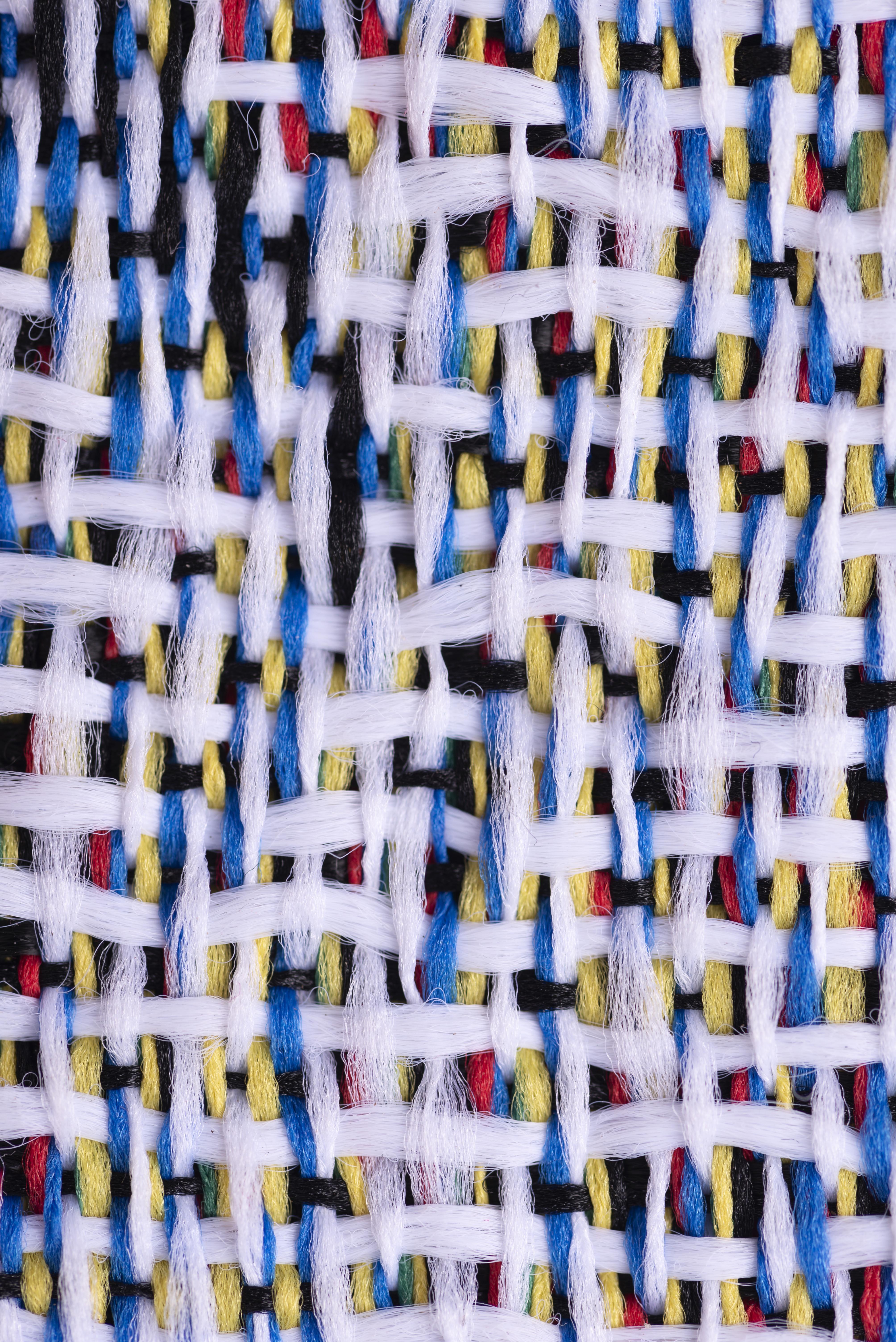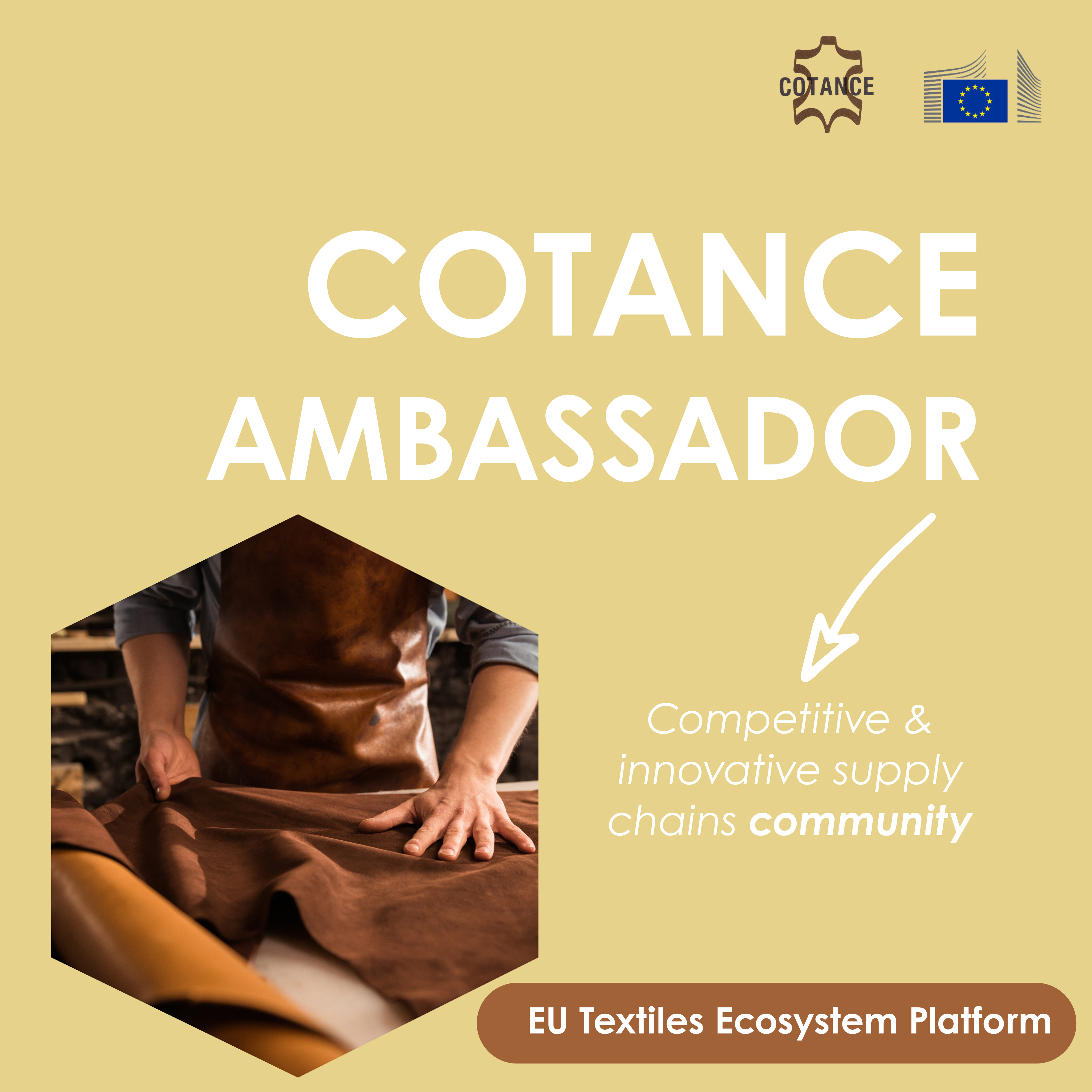Articles
29 September 2025
Sustainability Initiatives at Milan Fashion Week 2025
Articles
29 September 2025
Investments and funding
R&I, techniques and technological solutions
Skills
+14 more
Login / create an account to be able to react
-
28

At Milan Fashion Week 2025, sustainability emerged as the central theme, blending fashion’s artisanal heritage with future-focused responsibility. The CNMI Sustainable Fashion Awards highlighted achievements in circularity, climate action, and systemic change, signalling sustainability as a measure of both creative and business success. On the runways, major brands and independents showcased diverse approaches: Diesel upcycled 15 tons of denim into new silhouettes, Simon Cracker transformed salvaged and flood-damaged fabrics into avant-garde designs, and Stella Jean collaborated with Bhutanese artisans, emphasising sustainability as cultural preservation. Collectively, these efforts show that in Milan, sustainability has evolved from a trend into the defining language of fashion’s future.
Camera Nazionale della Moda Italiana
Topics
Albania
Armenia
Austria
Belgium
Bosnia and Herzegovina
Bulgaria
Croatia
Cyprus
Czechia
Denmark
Estonia
EU-27
Finland
France
Georgia
Germany
Greece
Hungary
Iceland
Ireland
Italy
Kosovo
Latvia
Liechtenstein
Lithuania
Luxembourg
Malta
Moldova
Montenegro
Netherlands
North Macedonia
Norway
Poland
Portugal
Romania
Serbia
Slovakia
Slovenia
Spain
Sweden
Switzerland
Türkiye
Ukraine
Other
Academic / Research and VET Institutions
Business Support Organisation
Company with 250 or more employees
Cluster Organisations
Consumer Organisations
Cultural and Heritage Organisations
Destination Management & Marketing Organisations
EU Institutions
Financial Institutions and Investors
Industry Associations and Chambers of Commerce
International Organisations
Local Authorities
Media / Journalist Organisations
National authorities
Networks and Federations / Confederations
NGOs / Non-profits
Notified Bodies
Regional Authorities
SMEs (a company with less than 250 employees)
Social Economy Entity
Trade Unions
Other
-
Transition Pathway's building blocks
-
-
Investments and funding
-
R&I, techniques and technological solutions
-
Skills
-
Social dimension
-
Sustainable competitiveness
-
-
Industrial ecosystems
-
-
Textile
-
-
Textiles ecosystem areas
-
-
Fibres, yarns and fabrics
-
Apparel and clothing accessories
-
Household/interior textiles
-
Technical textiles
-
Leather and fur
-
Footwear
-
Research and Innovation
-
Technology and Machinery
-
Waste management, reuse and repair
-
Business support and Communication
-
Not area specific (interested in more than one of the above)
-
Share
Sustainability once again took center stage at Milan Fashion Week 2025, underscoring the city’s ongoing effort to balance fashion’s heritage of craftsmanship with its responsibility to the future. The Green Carpet, officially the CNMI Sustainable Fashion Awards, set the tone by celebrating excellence in areas ranging from circularity to climate action, while honouring the designers and brands that are reshaping the industry’s values. It was not only a red carpet moment but also a reminder that sustainability is now a defining benchmark of creative and business success.
On the runways, major houses and independent voices alike embraced that mandate. Diesel advanced its “Denim is Diesel” project, diverting nearly fifteen tons of denim scraps into bold new silhouettes that proved upcycling can be both industrially scaled and creatively daring. At the other end of the spectrum, Simon Cracker pushed the language of sustainability further into the avant-garde, working with salvaged and even flood-damaged fabrics to produce a collection that questioned waste while making the aesthetics of imperfection its strength.
Equally compelling was Stella Jean, who returned to Milan with a collection created in collaboration with Bhutanese artisans. The work, which included nettle fiber textiles and hand-woven fabrics, made a case for sustainability not just as material innovation but as cultural preservation, defending artisanal practices that are in danger of disappearing.
Together, these initiatives reflect the multifaceted approach now defining Milan Fashion Week: awards that spotlight systemic change, large brands redirecting their production chains, and independent designers who challenge conventional ideas of beauty and value. Sustainability in Milan is no longer a side conversation, it is becoming the very grammar of fashion’s future.
Comments (0)
See also
Welcome to the 'Competitive and Innovative Supply Chains' Workspace
- Categories
- Infrastructure Investments and funding R&I, techniques and technological solutions +16 more
Welcome to the ‘Sustainable Business’ Community Workspace
- Categories
- Infrastructure Investments and funding R&I, techniques and technological solutions +19 more
Welcome to the Innovative & Competitive Supply Chains Community
- Categories
- Infrastructure Investments and funding R&I, techniques and technological solutions +28 more




